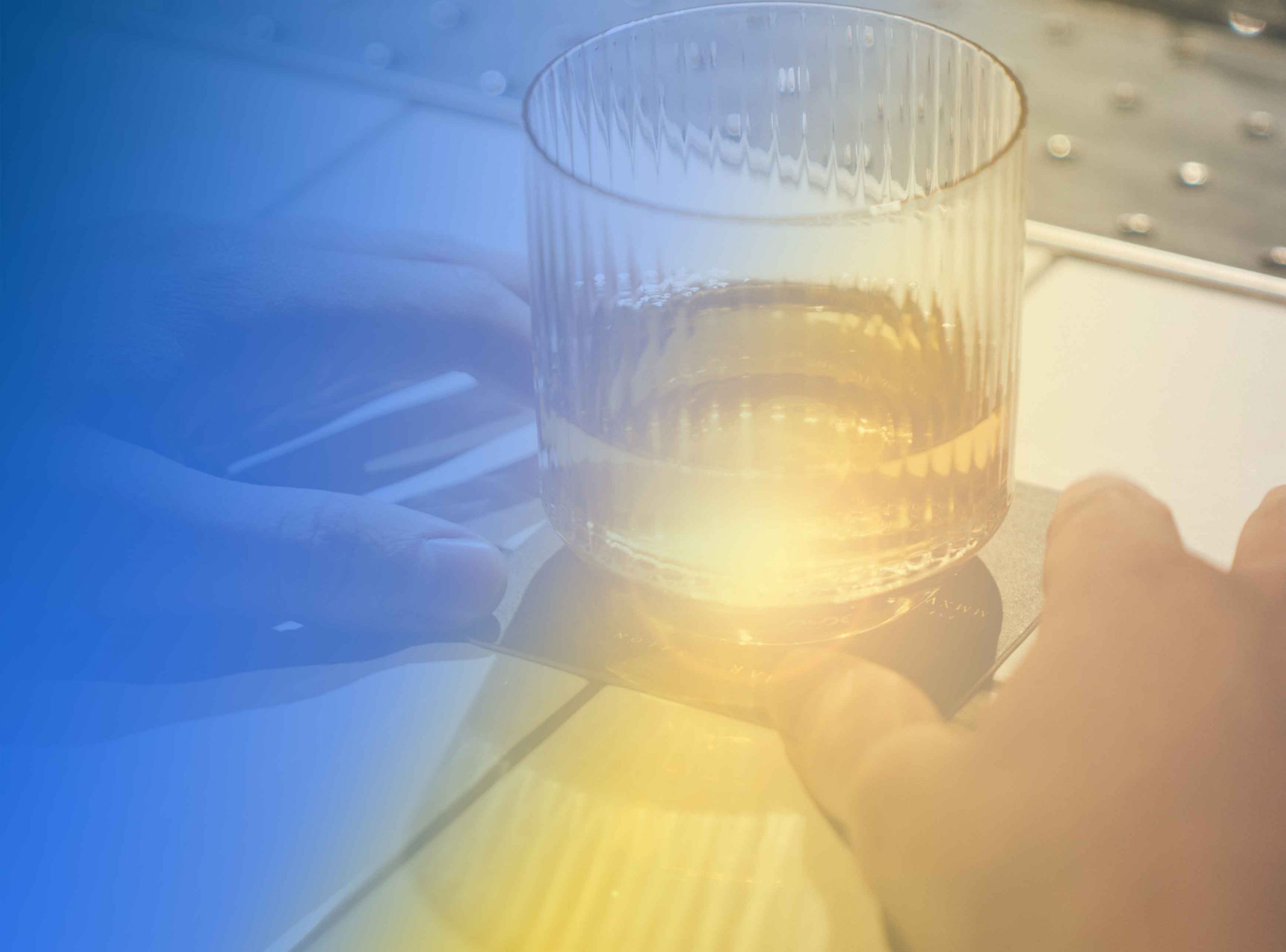
Self Medicating Bipolar Disorder
Bipolar disorder sufferers are more likely to self-medicate and choose substance abuse, and when this occurs a dual diagnosis is likely. To recover from their addiction, the person will typically need effective treatment for both of their co-occurring disorders.

Self-Medicating and How It Affects Bipolar Disorder
Bipolar disorder is a mental health disorder characterized by episodic moods that range from manic highs to depressive lows. People with bipolar disorder may choose to self-medicate with substances as a way of managing their symptoms, using alcohol or other depressants when they’re in a manic phase or cocaine or cocaine or other stimulants when they’re in a depressive phase.
What Is Bipolar Disorder?
One of the most challenging mental illnesses to endure is bipolar disorder. Characterized by an intense shift in mood and behavior, those who suffer from bipolar disorder experience a wide range of symptoms on every emotional and physical level.
Bipolar individuals go from a frenzied state — also known as a manic state — to serious depression. These changes can occur gradually over days or weeks or suddenly within hours. Bipolar is often described as having high-highs and low-lows because individuals who suffer from it experience emotion on a wide spectrum and at every level.
Common symptoms of bipolar disorder include:
-
- High levels of distractibility and racing thoughts.
- Being highly talkative or feeling the need to keep talking.
- Consistent engagement in reckless activities.
- Less sleep is required to function.
- Periods of highly inflated self-esteem.
- A decrease in goal-oriented actions.

Why Do People Who Have Bipolar Disorder Self-Medicate?
When a person uses drugs, alcohol, or other substances to deal with pain or mental health issues without the guidance of a doctor, that’s known as self-medicating. Notably, a person who hasn’t been diagnosed with a mental health disorder can still self-medicate. In medicine, the self-medication hypothesis is the idea that people will use substances as a way of alleviating their psychiatric symptoms.
In other words, self-medication is often a response to mental health disorders, including bipolar disorder. As we’ve seen, bipolar disorder is a mental health disorder that causes extreme mood swings that may last for weeks at a time. Self-medicating can happen when a person is unaware of their mental health disorder, when they’re ashamed of it and are unwilling to seek treatment, or when they lack the resources, financial or otherwise, to seek treatment.
When a person with bipolar disorder self-medicates, they might use alcohol to calm themselves down during a manic phase, for instance. There are a variety of reasons a person might choose to self-medicate, and they can vary depending on the mental health disorder a person is suffering from.

Treatment for Self-Medication and Bipolar Disorder
Bipolar disorder is a serious mental health issue, and it can be made even worse if a person begins to self-medicate to help them deal with the feelings of depression and mania that come with their disorder. This can result in addiction and a co-occurring disorder, which can require special treatment if the individual is to recover.
When a person is dealing with co-occurring diagnoses such as bipolar disorder and addiction, a treatment plan designed specifically with dual diagnosis in mind can be a powerful tool in setting them on the path to recovery. At Beachway Therapy Center, we provide outstanding personalized care to patients suffering from co-occurring mental health disorders and substance abuse issues. If you or a loved one are interested in learning more about treatment, contact us today.



